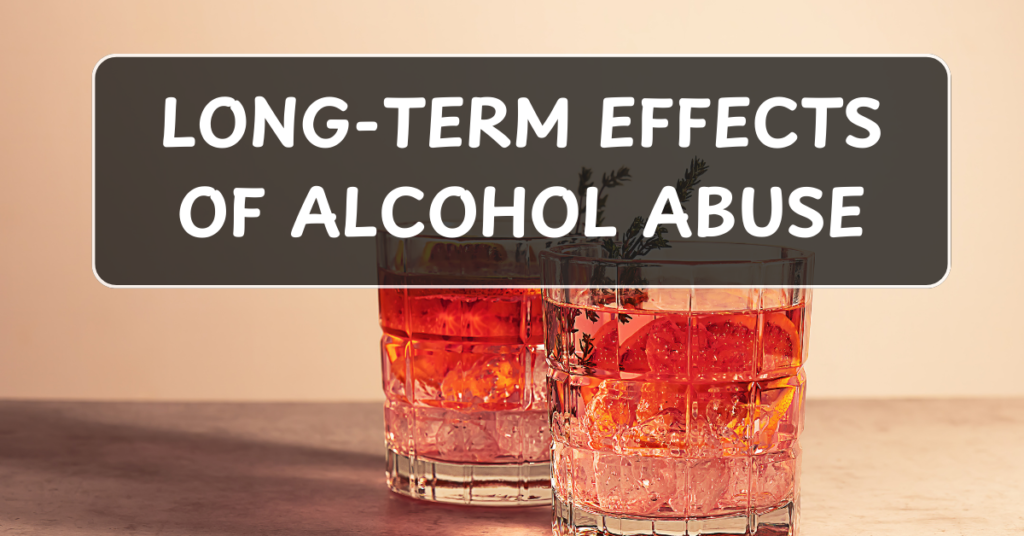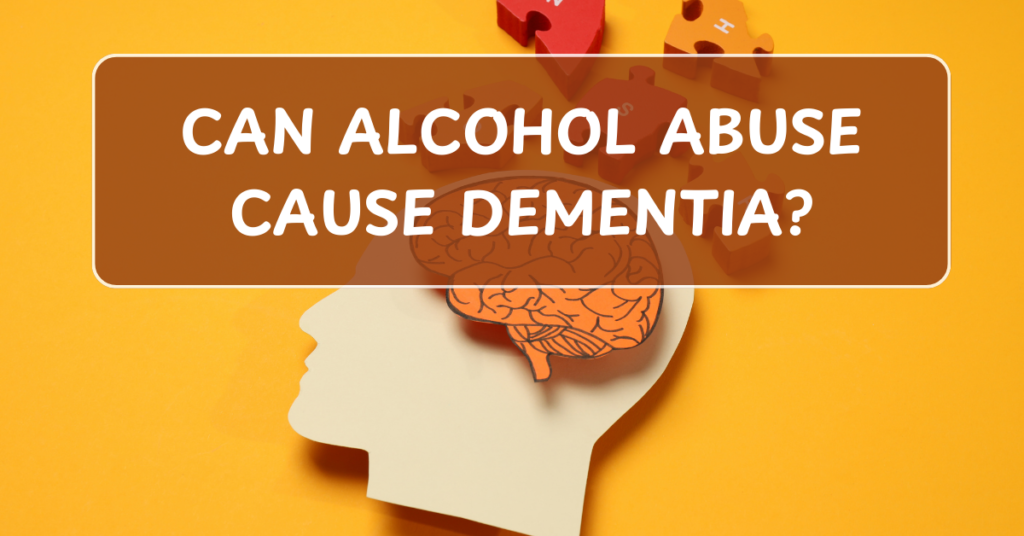
Chronic alcohol abuse can significantly impact physical health, mental well-being, and social relationships. The long-term effects of alcohol abuse are far-reaching and often irreversible, affecting nearly every system in the body. Below is an overview of the major consequences of sustained alcohol misuse.
1. Liver Damage
The liver is primarily responsible for metabolizing alcohol, making it particularly vulnerable to the effects of chronic alcohol consumption. Over time, alcohol abuse can lead to:
- Fatty Liver (Steatosis): Excess fat builds up in liver cells, impairing liver function.
- Alcoholic Hepatitis: Inflammation of the liver caused by prolonged alcohol use.
- Cirrhosis: Scar tissue replaces healthy liver tissue, leading to permanent liver damage and impaired function.
- Liver Failure: The most severe outcome, potentially fatal without a liver transplant.
2. Brain and Nervous System Damage
Prolonged alcohol abuse disrupts brain function and damages the nervous system. Effects include:
- Memory Loss and Cognitive Decline: Chronic alcohol use can cause difficulties with memory, decision-making, and problem-solving.
- Wernicke-Korsakoff Syndrome: A severe condition caused by a thiamine deficiency, leading to confusion, memory problems, and coordination issues.
- Neuropathy: Damage to the peripheral nerves, causing pain, tingling, or numbness in the hands and feet.
3. Cardiovascular Problems
Heavy drinking increases the risk of heart and blood vessel diseases, such as:
- High Blood Pressure: Alcohol can raise blood pressure, increasing the risk of heart attacks and strokes.
- Cardiomyopathy: Chronic alcohol use weakens the heart muscle, impairing its ability to pump blood effectively.
- Arrhythmias: Irregular heartbeats, which can be life-threatening if untreated.
4. Digestive System Issues
Alcohol irritates the digestive system and impairs nutrient absorption, leading to:
- Gastritis: Inflammation of the stomach lining, causing pain, nausea, and vomiting.
- Pancreatitis: Chronic inflammation of the pancreas, which can cause severe abdominal pain and digestive issues.
- Malnutrition: Alcohol interferes with nutrient absorption, leading to deficiencies in vitamins and minerals.
5. Increased Cancer Risk
Chronic alcohol consumption has been linked to an elevated risk of several types of cancer, including:
- Liver Cancer: Often a result of cirrhosis or chronic liver inflammation.
- Mouth and Throat Cancer: Alcohol irritates the mucous membranes, increasing the risk of tumors.
- Esophageal Cancer: Particularly common in heavy drinkers.
- Breast Cancer: Even moderate alcohol consumption has been linked to an increased risk in women.
6. Mental Health Issues
Alcohol abuse can contribute to long-term psychological and emotional problems, including:
- Depression and Anxiety: Alcohol can worsen or mask symptoms, creating a cycle of dependency.
- Alcohol Use Disorder (AUD): A chronic condition characterized by an inability to control alcohol consumption despite negative consequences.
- Increased Risk of Suicide: The depressive effects of alcohol, combined with impaired judgment, can increase suicidal thoughts or actions.
7. Weakened Immune System
Long-term alcohol abuse suppresses the immune system, making the body more susceptible to infections such as:
- Pneumonia
- Tuberculosis
- Frequent Illnesses
8. Bone and Muscle Problems
Chronic alcohol use affects bone density and muscle health, leading to:
- Osteoporosis: Reduced bone density increases the risk of fractures.
- Muscle Weakness: Alcohol interferes with muscle protein synthesis, leading to muscle wasting.
9. Reproductive and Sexual Health
Alcohol abuse can impair reproductive health and sexual function, including:
- Erectile Dysfunction in Men: Chronic alcohol use can reduce testosterone levels and impair sexual performance.
- Fertility Issues: Alcohol can affect hormone levels, disrupting ovulation in women and reducing sperm quality in men.
- Increased Risk of Birth Defects: Pregnant women who consume alcohol risk fetal alcohol spectrum disorders (FASDs) in their children.
10. Social and Relationship Damage
Beyond physical and mental health, alcohol abuse can have devastating effects on social life and relationships:
- Job Loss and Financial Issues: Poor performance or absenteeism at work due to drinking.
- Family Strain: Alcohol abuse often leads to conflicts, neglect, or even domestic violence.
- Legal Problems: Issues such as DUIs or arrests stemming from alcohol-related behaviors.
Conclusion
The long-term effects of alcohol abuse can be life-altering, impacting nearly every aspect of health and well-being. While the consequences may seem overwhelming, recovery is possible with proper support and intervention. Seeking help from medical professionals, support groups, and addiction counselors can pave the way for a healthier, alcohol-free future.


